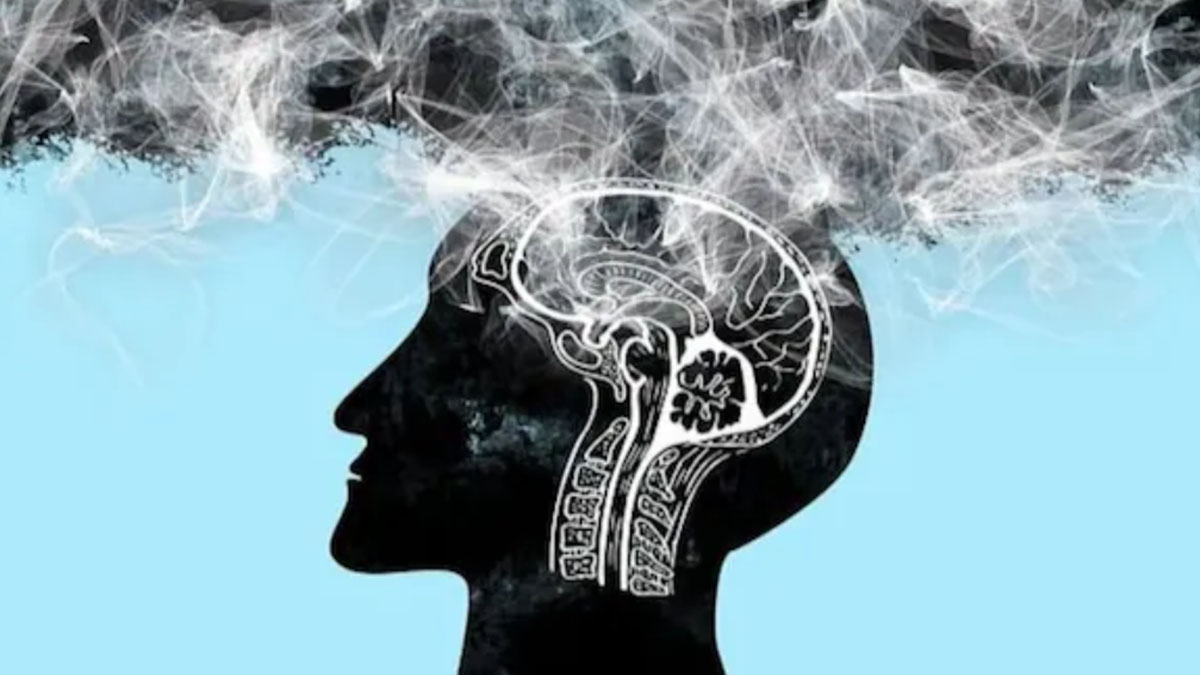
Alzheimer’s disease is a progressive neurological disorder that leads to memory loss, cognitive decline, and eventually the inability to perform daily tasks. Affecting millions of people worldwide, it is becoming a critical public health issue. The disease disproportionately affects older adults, but it’s not just a problem for the elderly. Alzheimer’s is now killing more people than breast and prostate cancer combined, making it one of the most significant causes of death.
In this blog post, we will explore the alarming statistics, the causes of Alzheimer’s, the latest treatments, and ways to manage the condition.
Alarming Statistics: The Rising Impact of Alzheimer’s
According to the Alzheimer’s Association, the lifetime risk of developing Alzheimer’s at the age of 45 is 1 in 5 for women and 1 in 10 for men. These statistics highlight the urgent need for greater awareness and early detection of this disease.
- Current Situation: In 2020, around 6.9 million Americans were living with Alzheimer’s. By 2060, this number is expected to double, reaching nearly 14 million. Alzheimer’s is currently the sixth leading cause of death for adults aged 65 and older.
- Deaths from Alzheimer’s: A study showed that deaths from Alzheimer’s more than doubled between 2000 and 2021. In contrast, heart disease deaths still the leading cause of death have declined over the same period.
- Mortality Risk: By the age of 70, people diagnosed with Alzheimer’s are twice as likely to die before reaching 80 compared to individuals without the disease. Additionally, one in three older adults dies with some form of dementia, including Alzheimer’s.
These statistics underscore the severe impact of Alzheimer’s, which is now a more significant cause of death than breast and prostate cancer combined.
What is Alzheimer’s Disease?
Alzheimer’s is a type of dementia that affects memory, thinking, and behavior. Over time, it worsens and can lead to a complete loss of the ability to function independently. The exact cause of Alzheimer’s remains unclear, but several factors contribute to its development:
- Age: The risk increases with age, especially for people over 65.
- Genetics: Family history can increase the likelihood of developing Alzheimer’s.
- Lifestyle Factors: Poor diet, lack of exercise, and smoking may contribute to the disease’s development.
Latest Advances in Alzheimer’s Research
While there is currently no cure for Alzheimer’s, research is ongoing to find more effective treatments and preventive measures. Dr. Jyoti Bala Sharma, Director of Neurology at Fortis Hospital (Noida), highlighted some of the latest advances in Alzheimer’s management.
- Medications:
- Cholinesterase Inhibitors: These drugs are commonly used to treat early to moderate stages of Alzheimer’s by improving the communication between nerve cells.
- Memantine: Often prescribed in later stages of the disease, this medication helps reduce symptoms such as confusion and agitation.
- Lifestyle Changes:
- Cognitive Stimulation: Activities like puzzles, reading, and memory exercises can help slow cognitive decline.
- Physical Activity: Regular exercise promotes brain health and may help delay the progression of the disease.
- Healthy Diet: A nutrient-rich diet, including fruits, vegetables, and omega-3 fatty acids, is beneficial for brain health.
- Social Engagement: Interacting with others can stimulate the brain and reduce the risk of Alzheimer’s.
- Supportive Care:
- Alzheimer’s also affects families, and supportive care is crucial. This includes educating caregivers on managing behavioral changes like aggression and agitation. Caregivers also play a key role in helping patients maintain their physical and cognitive abilities through therapies and daily routines.
Managing Alzheimer’s: Prevention and Support
While Alzheimer’s is a daunting disease, there are ways to manage its progression and improve the quality of life for those affected:
- Early Diagnosis: Identifying Alzheimer’s in its early stages is crucial. Early diagnosis allows for better treatment options and more time to plan for future care.
- Healthy Lifestyle:
- Regular Exercise: Physical activity is beneficial not only for heart health but also for brain health. It improves blood flow to the brain, which can help slow cognitive decline.
- Balanced Diet: A diet rich in nutrients, particularly the Mediterranean or DASH diet, has been shown to reduce the risk of Alzheimer’s.
- Mental Engagement: Keeping the brain active through activities like reading, learning new skills, or solving puzzles can help prevent cognitive decline.
- Social Connections: Engaging with others helps reduce feelings of isolation and keeps the brain active.
- Caregiver Support: Caregivers play a vital role in the lives of people with Alzheimer’s. It’s essential for caregivers to receive education and support, not only for the patient’s well-being but also for their own mental and physical health.
- Stress Management: Stress can worsen symptoms of Alzheimer’s. Techniques like meditation, yoga, and breathing exercises can help patients and caregivers manage stress more effectively.
Conclusion: The Road Ahead
Alzheimer’s disease is a growing crisis, with cases expected to double in the coming decades. It’s now one of the leading causes of death, surpassing even breast and prostate cancer. Although there is no cure, advances in medications and lifestyle interventions offer hope. Early diagnosis, supportive care, and preventive strategies are key in managing Alzheimer’s effectively. As research continues, there is hope that new treatments will emerge to reduce the burden of this devastating disease.

Pingback: Alzheimer’s Disease: A Growing Threat That Kills More Than Breast and Prostate Cancer Combined – Health News